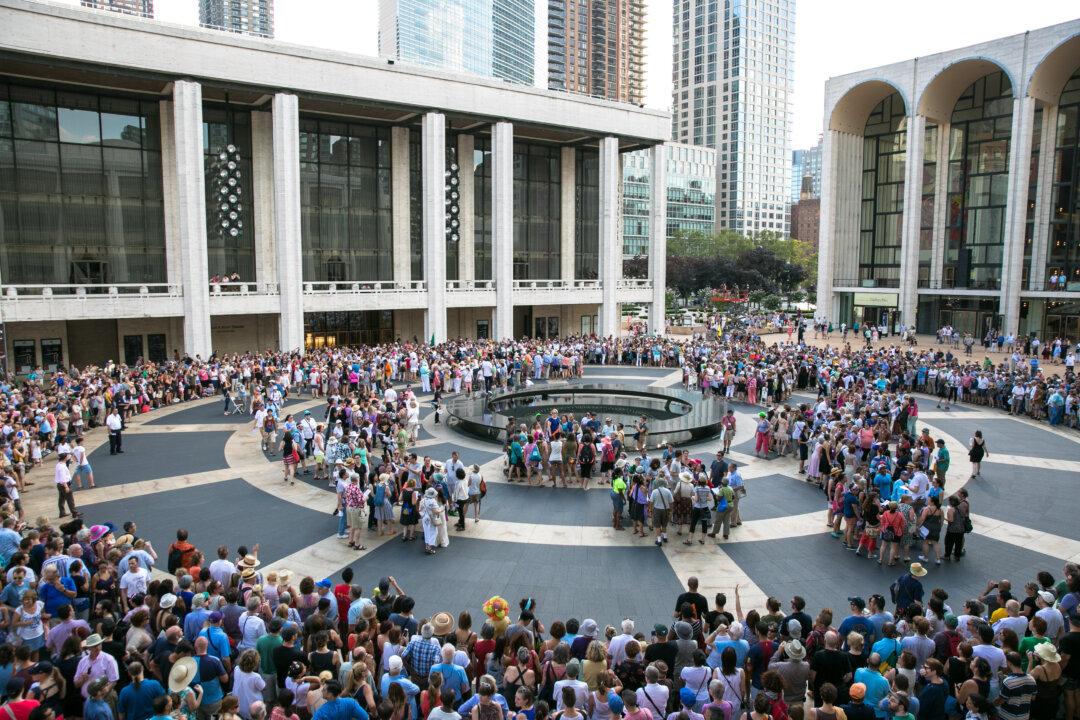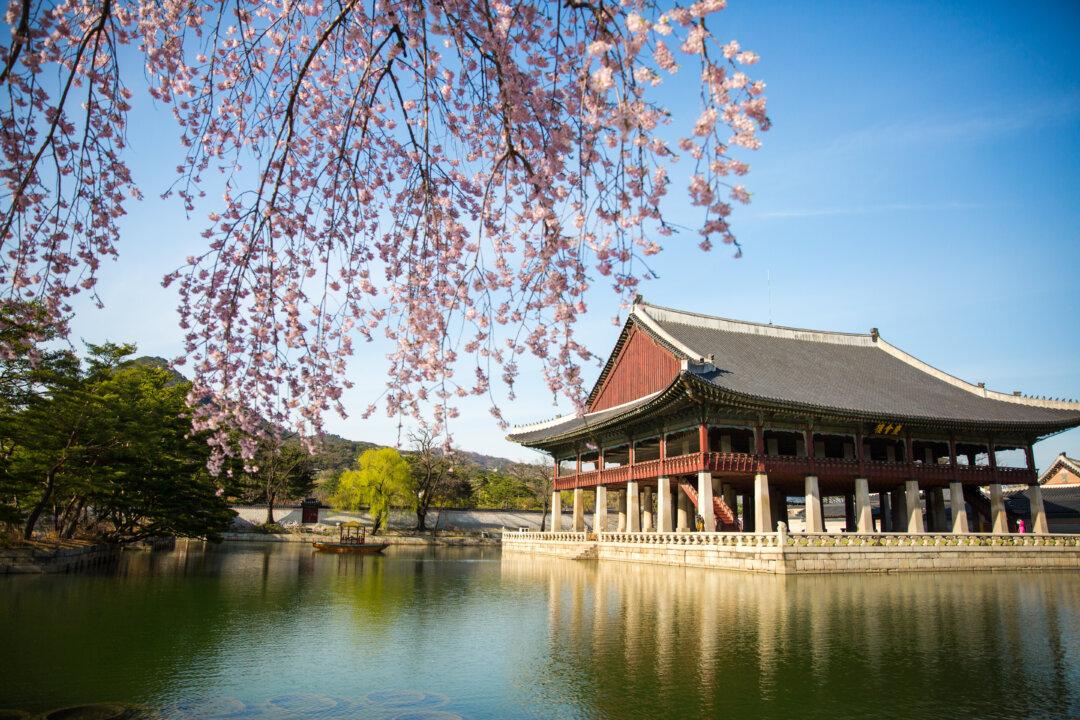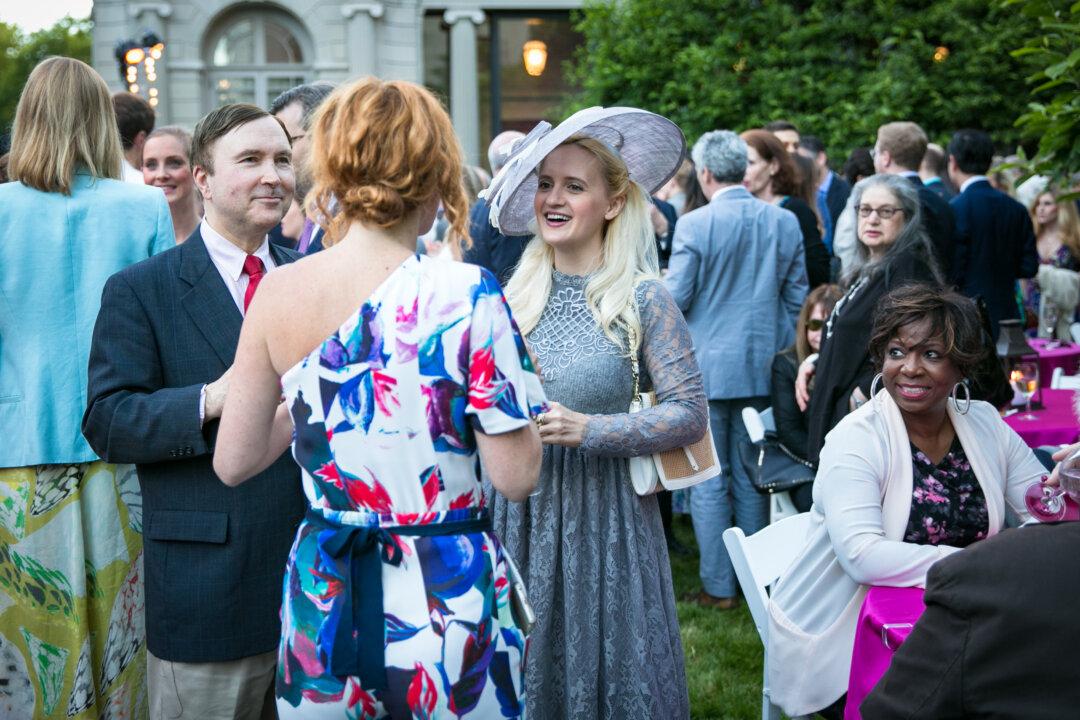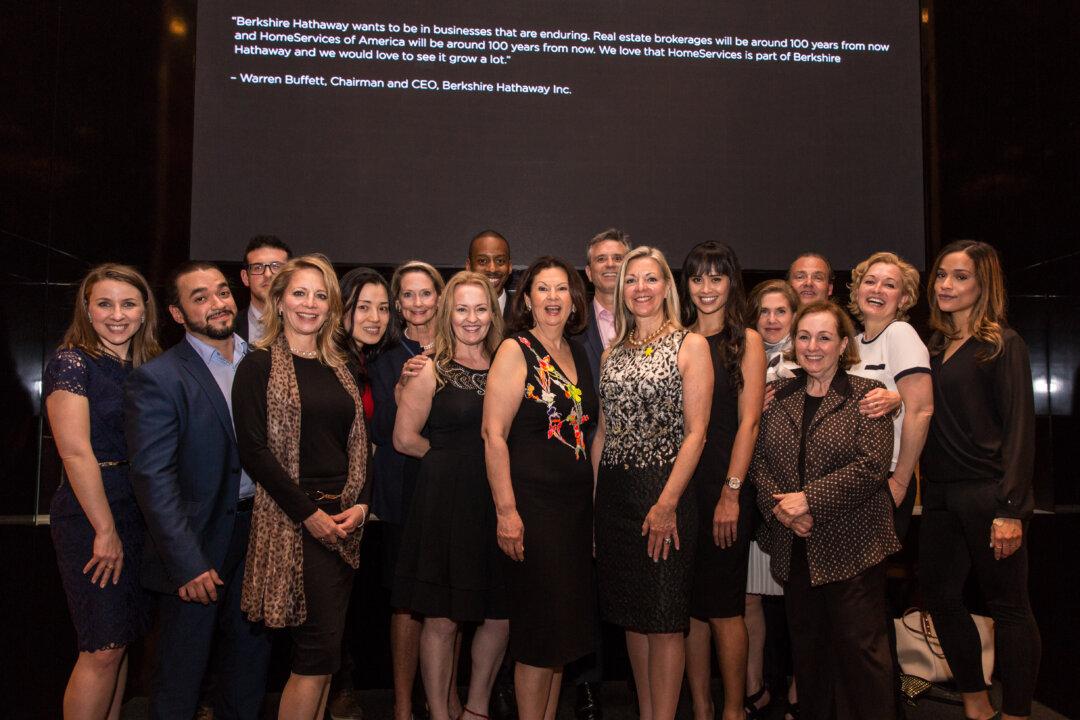NEW YORK—“If only the whole world could feel the power of harmony,” a line the classical composer Wolfgang Amadeus Mozart is often quoted for, has become the inspirational saying with which we sum up our love and awe for music.
The centerpiece of this year’s Mostly Mozart Festival paid tribute to the notion with a song written for 1,000 voices, in the spirit of teaching the world to sing.
At 4:59 p.m., crowds of people circled around the fountain in Lincoln Center’s Josie Robertson Plaza, grouped into neat wedges, silently in wait. This was the audience.
Minutes later, streams of people filled in the remaining space of the plaza, whispering words. As the crowd grew, so did the voices. They sang of our collective reasoning, of our time, our choices, our passion, our legacy and love for music.






